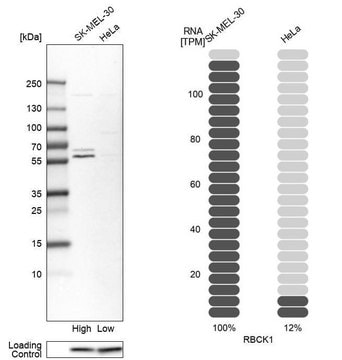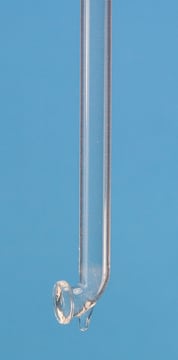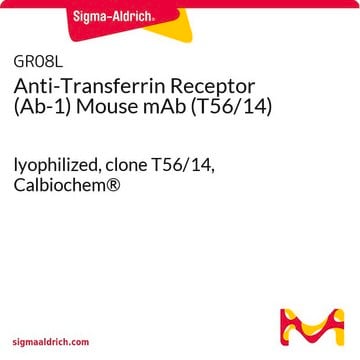5.00519
SKP2 E3 Ligase Inhibitor I, C1
Synonym(s):
SKP2 E3 Ligase Inhibitor I, C1, p21/Cip1/Waf1 Activator I; p27/Kip1 Activator I, S-phase Kinase-associated Protein 2 Inhibitor I; SCF SKP2 Inhibitor I, CRL1 SKP2 Inhibitor I, ( Z)-2-(4-Bromo-2-((4-oxo-3-(pyridin-3-ylmethyl)-2-thioxothiazolidin-5-ylidene)met
About This Item
Recommended Products
Assay
≥99% (HPLC)
Quality Level
form
powder
manufacturer/tradename
Calbiochem®
storage condition
OK to freeze
protect from light
color
orange-brown
solubility
DMSO: 10 mg/mL
storage temp.
2-8°C
SMILES string
S1\C(=C/c3c(ccc(c3)Br)OCC(=O)O)\C(=O)N(C1=S)Cc2cnccc2
InChI
1S/C18H13BrN2O4S2/c19-13-3-4-14(25-10-16(22)23)12(6-13)7-15-17(24)21(18(26)27-15)9-11-2-1-5-20-8-11/h1-8H,9-10H2,(H,22,23)/b15-7-
InChI key
IYCJJVVXEHZJHE-CHHVJCJISA-N
General description
Please note that the molecular weight for this compound is batch-specific due to variable water content. Please refer to the vial label or the certificate of analysis for the batch-specific molecular weight. The molecular weight provided represents the baseline molecular weight without water.
Biochem/physiol Actions
disrupts p27-Skp2 interaction
Packaging
Warning
Reconstitution
Other Notes
Wu, L., et al. 2012. Chem. Biol.19, 1515.
Legal Information
Storage Class Code
11 - Combustible Solids
WGK
WGK 2
Flash Point(F)
Not applicable
Flash Point(C)
Not applicable
Certificates of Analysis (COA)
Search for Certificates of Analysis (COA) by entering the products Lot/Batch Number. Lot and Batch Numbers can be found on a product’s label following the words ‘Lot’ or ‘Batch’.
Already Own This Product?
Find documentation for the products that you have recently purchased in the Document Library.
Related Content
Select different protease inhibitor types based on your needs to prevent protein degradation during isolation and characterization and safeguard proteins in sample prep.
Select different protease inhibitor types based on your needs to prevent protein degradation during isolation and characterization and safeguard proteins in sample prep.
Select different protease inhibitor types based on your needs to prevent protein degradation during isolation and characterization and safeguard proteins in sample prep.
Select different protease inhibitor types based on your needs to prevent protein degradation during isolation and characterization and safeguard proteins in sample prep.
Our team of scientists has experience in all areas of research including Life Science, Material Science, Chemical Synthesis, Chromatography, Analytical and many others.
Contact Technical Service








